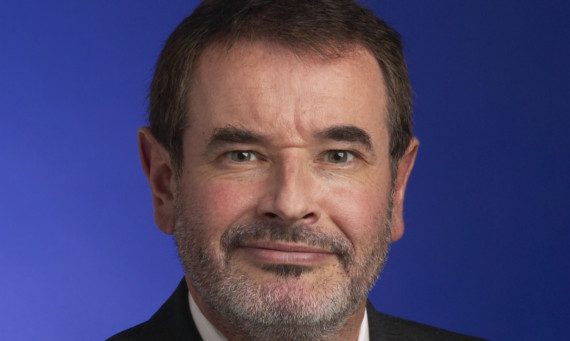More than eight in 10 of Scotland’s small and medium-sized businesses are more confident about their prospects for 2014 than they were last year, according to a new study by KPMG.
Research by the professional services firm found that the vast majority 85% were bullish about trading this year, though only 26% said they would take a risk on seeking external funding to help them expand.
In contrast, 40% said they would use their own reserves to pursue a growth agenda in preference to approaching the banks.
KPMG senior partner Craig Anderson said the results revealed “a great level of caution”, with risk-averse firms unable to forget the lessons learned during the recent economic turmoil.
“Fewer Scottish businesses said they weren’t willing to take on any risk associated with external finance to leverage their business, despite the reported optimism levels,” he said.
Scottish firms were bolder than companies in the rest of Britain.
Across the UK, just a fifth of those surveyed by the accountancy firm said they were seeking external funds to finance growth, with almost half preferring to rely on their savings.
“This is an indication that companies are still very uncertain about the banking market, which some viewed as being unsupportive to small businesses during the recession.”
Mr Anderson said that companies clearly remained unconvinced over an economic return to form, despite much-improved forecasts for the year ahead.
But he warned that those who fail to gamble on growth could miss the chance to benefit from a quickening upturn.
“This behaviour is consistent with the stance that SMEs are not entirely convinced that the economy is out of the woods yet, and remain wary of the risks attached to an increase in interest rates,” he added.
“That said, the corollary is clearly a risk of missing the forecast recovery due to unnecessarily constrained financing.”
KPMG also warned of the risk of overtrading as companies take on more work than their cash flow and operations can support.
“Businesses with strong management teams that have navigated five years of recession and insipid growth will have considered themselves successful in surviving until now,” Mr Anderson added.
“With the prospects of better conditions returning, the outlook will be brighter but there is a need to keep close control on cash, accurate cash-flow forecasting and the need for continued monitoring of the cost base.”
